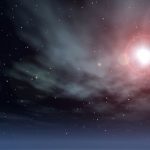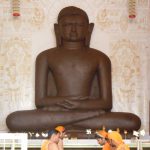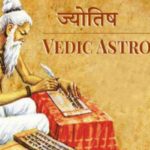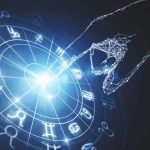Shadbala is the calculated score by whcih an astrologer can asses the strength of the planet. The effects of a planet whether auspicious or inauspicious will be in proportion to its strength. This Shadbala strength calculation is based on the different ‘Bala’ or strength factors.

The Shadbala Groups
Jupiter, Mercury and the Sun
These three planets govern learning, identity, ego, confidence, faith, hope as well as communication. When one of these is weaker the other two can make up for it.
Venus and the Moon
These two soft feminine planets govern happiness, comfort and feeling worthwhile. Of the two Venus is the decision-maker of what makes a person happiest and moon is the consciousness that makes the person comfortable based on Venus’ decision.
Mars and Saturn
Mars and Saturn are the planets that help us face the adversities and problems in life. While Mars deals with action on solvable problems, Saturn deals with those that must be borne. Saturn gives us high levels of tolerance and the strength to weather the storm.
The Balas Of A Planet
The Balas or strength factors that a planet can have are Sthanabala, Digbala, Kalabala, Chestabala, Naisargikabala as well as Drikbala.

Sthanabala
Sthanabala is the positional strength of a planet. It is based purely on planet placement in a Rashi, Bhava, Drekana and Vargas. The five components of the Sthanabala are Uchabala, Saptavargaja Bala, Ojayugma Bala, Kendradi Bala and Drekkana Bala.
Uchabala or exaltation strength is given to the planet based on its position with relation to the exaltation point of that planet.
The Saptavargaja Bala of the 7 divisional chart strength is the calculation based on the planet’s position in seven Varga charts, namely; Rasi, Hora, Drekkana, Saptamsa, Navamsa, Dwadasamsa and Trimsamsa.
Ojayugma Bala is also called Sama/Visama Bala or odd-even strength. It is based on whether the planet is in an odd or even sign or Navamsa.
Kendradi Bala or angular strength as the name suggests is based on whether the planet is in one of the Kendra houses (1, 4, 7 or 10).
In Drekanna Bala or decan strength, the planets are first classified based on their gender. We divide a Rashi into 3 Drekkana’s of 10 degrees each. The first Drekkana of each sign is good for male planets, the middle Drekkana for neutral planets and the last Drekkana is better for female planets.
This principle has similarities with the principle of Ocha Bala. Only now the decisive factor is not the location of the planet in a certain sign but in a certain house.
Digbala
Digbala is the directional strength of a planet. Each planet does best in a certain direction. The houses of a chart are assigned directions. The first house being the East, the seventh house being the West, the fourth house being North while the tenth house is the South. The planets have Digbala in the house where they function best regardless of the Rashi of that house.

Sun and Mars get directional strength in the South (tenth house). Saturn has Digbala in the West (seventh house) and Moon and Venus in the North (fourth house). Jupiter and Mercury have directional strength in the East (first house). A planet gets maximum Digbala in the middle of the Digbala house.
Kalabala
Kalabala is entirely based on the factors relating to the time of the person’s birth including day/night, year, month, hour as well as fortnight among others. The planets that have high Kalabala scores are the ones that will give the maximum effect during their Dashas and Antardashas.
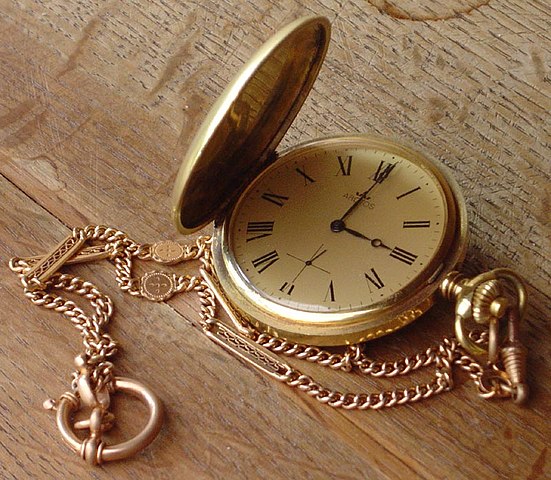
Chestabala
Chestabala is the motion strength of the planet. Chesta translates as effort. A planet makes the most effort when retrograde and less when direct. The Chestabala value is given based on the speed as well as the nature of the planets’ movement. The Sun and Moon move in regular patterns and therefore get no Chestabala values. The relatively fast planets get a low Chesta value while the slower ones get a higher value. This speed is the speed of that planet at the time of birth relative to the average speed of that planet.
Naisargikabala
This is the measure of the luminosity and natural strength of the planets. The strength of the planets from the lowest to the highest are Saturn, Mars, Mercury, Jupiter, Venus, Moon and Sun. So when there is a conjunction of two planets the stronger has a higher influence over the other. This explains why the Sun can combust other planets while being unaffected itself.
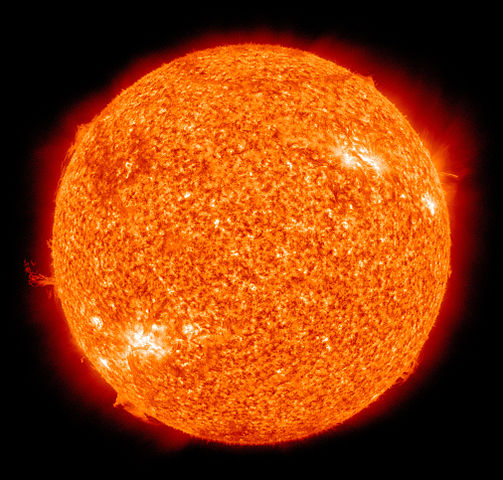
Naisargikabala
Drikbala
This is the aspectual strength of a planet. A planet receiving the aspect of beneficial planets gets positive points while a planet that is being aspected by a malefic gets negative points.






